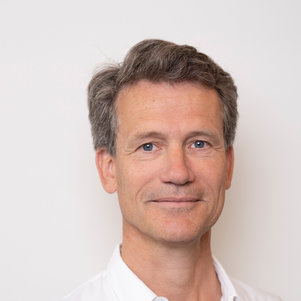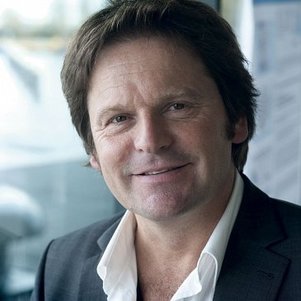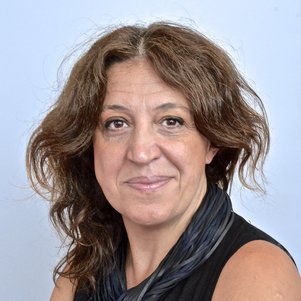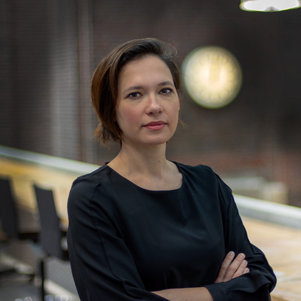Urban Design
FOCUS
The Section of Urban Design builds upon the long-established Delft tradition of urban design. Our activities are based on the understanding of the built environment as a cultivated landscape, addressing both the design of the urban fabric and the territory and its infrastructures. In our work, we address the spatial configuration of social and ecological processes of urban transformation in the Netherlands and beyond. Our goals are threefold: to gain deep insights on the drivers of urbanization through quantitative and qualitative spatial analyses; to develop urban design solutions, methodologies, and instruments to support sustainable urban development; and to critically reflect on the theories, debates, and practices of the discipline of urban design itself.
We are committed to a collaborative and contextual approach. Thus, our work operates across scales and is multidisciplinary. In the face of the climate crisis, accelerated technological development, and demographic transition, we study urban morphology and typology, housing, and public space design in a productive synergy with engineering, the social sciences, humanities, and the life sciences. In its comprehensive approach, the section brings together urban design practice with theoretical and methodological investigations to support environmental and socio-spatial justice through design. Here we see the need for a constant reflection of the state of the discipline, allowing urban design to be critically positioned within broader theoretical debates around the urban condition.
EDUCATION
Contemporary urban challenges demand new visions for urban design education. We want our students to understand, master, and critically reflect design tasks and processes while actively participating in discussions about urban futures. Our teaching is oriented towards practice-based case studies and emphasizes analysis and research-based design methodologies. We help students develop advanced analytical and synthetic skills and explore digital tools and new forms of representation. Our educational portfolio in Bachelor, Master, and Ph.D. education is strongly connected to our research. It includes the two graduation studios Design of the Urban Fabric and Transitional Territories, courses on theory and methods of urbanism (M.Sc. Urbanism), the fundamentals of urban design and sustainable urbanism (Bachelor). We issued and participated in the successful MOOCs Urban Design for the Public Good, Inclusive Cities, and Nature Based Metropolitan Solutions. In the Honors program on public space design and our doctoral education, we support groundbreaking research on topics such as water-sensitive urban design, heritage, inclusive cities, mixed-use developments, productive landscapes, design methodology, and digitization.
RESEARCH
The section’s research activities and networks are organized along three main lines: Cities in Transition, focusing on environmental quality and health, inclusive cities and public space, the adaptation of urban form, and heritage; Urban Territories which sets the focus on Delta Urbanism, productive landscapes, and urban climate resilience; and Methods and Theory of Urban Design, which is concerned with the development of new design processes and design theory, co-creation, and the use of digital tools and data-driven design, for example in the VR-Lab. We have been actively exploring such topics through diverse research initiatives funded by national and international funding agencies.
Blog Delta Urbanism: https://deltaurbanism.org
STAFF
LINKS
- Section of Urban Design: Thematic areas (PDF download)
- Delta Urbanism Research group
- History of the Delft approach: Van Lozhuizen and Van Eesteren. Partners in Planning and Education at TU Delft. (PDF download)


Prof. Chris Zevenbergen, PhD

